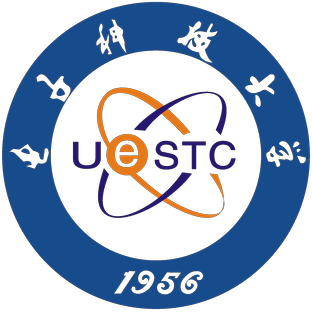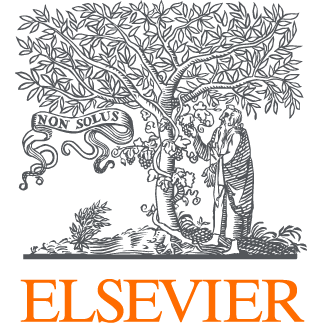Friday, May 24 9:00 - 10:30
S1: Keynotes
Chair: José Mairton Barros da Silva, Jr. (KTH Royal Institute of Technology, Sweden)
Keynote 1: 9:00 - 9:45
ZHU HAN, JOHN AND REBECCA MOORES PROFESSOR, ECE DEPARTMENT AND CS DEPARTMENT, UNIVERSITY OF HOUSTON
RESOURCE ALLOCATION FOR FULL DUPLEX COMMUNICATION AND NETWORKS
Abstract The recent significant progress in realizing full duplex (FD) systems has opened up another promising avenue for increasing the capacity of future wireless networks. In addition to the self-interference cancelation signal processing algorithms, network protocols such as resource management are also essential in the practical design and implementation of FD wireless networks. This talk aims to present the latest development and future directions of resource allocation in different full duplex systems by exploring the network resources in different domains, including power, space, frequency, and device dimensions. Four representative application scenarios are considered: FD MIMO networks, FD cooperative networks, FD OFDMA cellular networks, and FD heterogeneous networks. Resource management problems and novel algorithms in these systems are presented, and key open research directions are discussed. Then, we will concentrate on the use of resource allocation tools (such as optimization and game theory) to analyze and design FD wireless networks.
Keynote 1: 9:45 - 10:30
PROF. CHAN-BYOUNG CHAE, YONSEI UNIVERSITY, SOUTH KOREA
FULL DUPLEX RADIOS: HOW TO EVALUATE THE PERFORMANCE
Abstract: One of the promising technologies for B5G and future WiFi is full-duplex radio, an innovation that is expected to double spectral efficiency. To realize full-duplex in practice, the main challenge is overcoming self-interference, and to do so, researchers have developed self-interference cancellation (SIC) techniques. Most prior work has evaluated link-level performances through a real-time prototype. In this talk, I will talk about software defined radio (SDR) based platforms and a new pure-software based approach to design analog active cancellation. I will also discuss a methodology to evaluation system-level performances.
Friday, May 24 10:30 - 11:00
Coffee Break
Friday, May 24 11:00 - 12:30
S2: Full-Duplex Wireless Communications and Systems
Chair: Leo Laughlin (University of Bristol, United Kingdom (Great Britain))
-
Low Resolution Phase Shifters Suffice for Full-Duplex mmWave Communications
-
Jose Mairton Barros da Silva, Jr. (KTH Royal Institute of Technology, Sweden); Ashutosh Sabharwal (Rice University, USA); Gabor Fodor (Ericsson Research & Royal Institute of Technology (KTH), Sweden); Carlo Fischione (KTH, Sweden)
-
User Scheduling for Full-Duplex Cellular Networks
-
Bin Li, Cheng Li, Chenchen Yang and Bin Xia (Shanghai Jiao Tong University, P.R. China)
-
Polarimetric Characterization of Sub-6-GHz Self-Interference Indoor Radio Channels
-
Ramez Askar and Fabian Undi (Fraunhofer Institute for Telecommunications, Heinrich Hertz Institute, Germany); Rodrigo Rezende (TU Berlin & Fraunhofer Institute for Telecommunications, Heinrich Hertz Institute, Germany); Michael Peter (Fraunhofer HHI, Germany); Wilhelm Keusgen (Fraunhofer Heinrich Hertz Institute, Germany)
-
A Single Antenna Full-Duplex Radio Using a Non-Magnetic, CMOS Circulator with In-built Isolation Tuning
-
Aravind Nagulu, Tingjun Chen, Gil Zussman and Harish Krishnaswamy (Columbia University, USA)
-
Minimum Downlink Band Duplex Isolation Requirements for LTE User Equipment
-
Leo Laughlin, Chunqing Zhang, Mark Beach, Kevin A Morris and John Haine (University of Bristol, United Kingdom (Great Britain))























